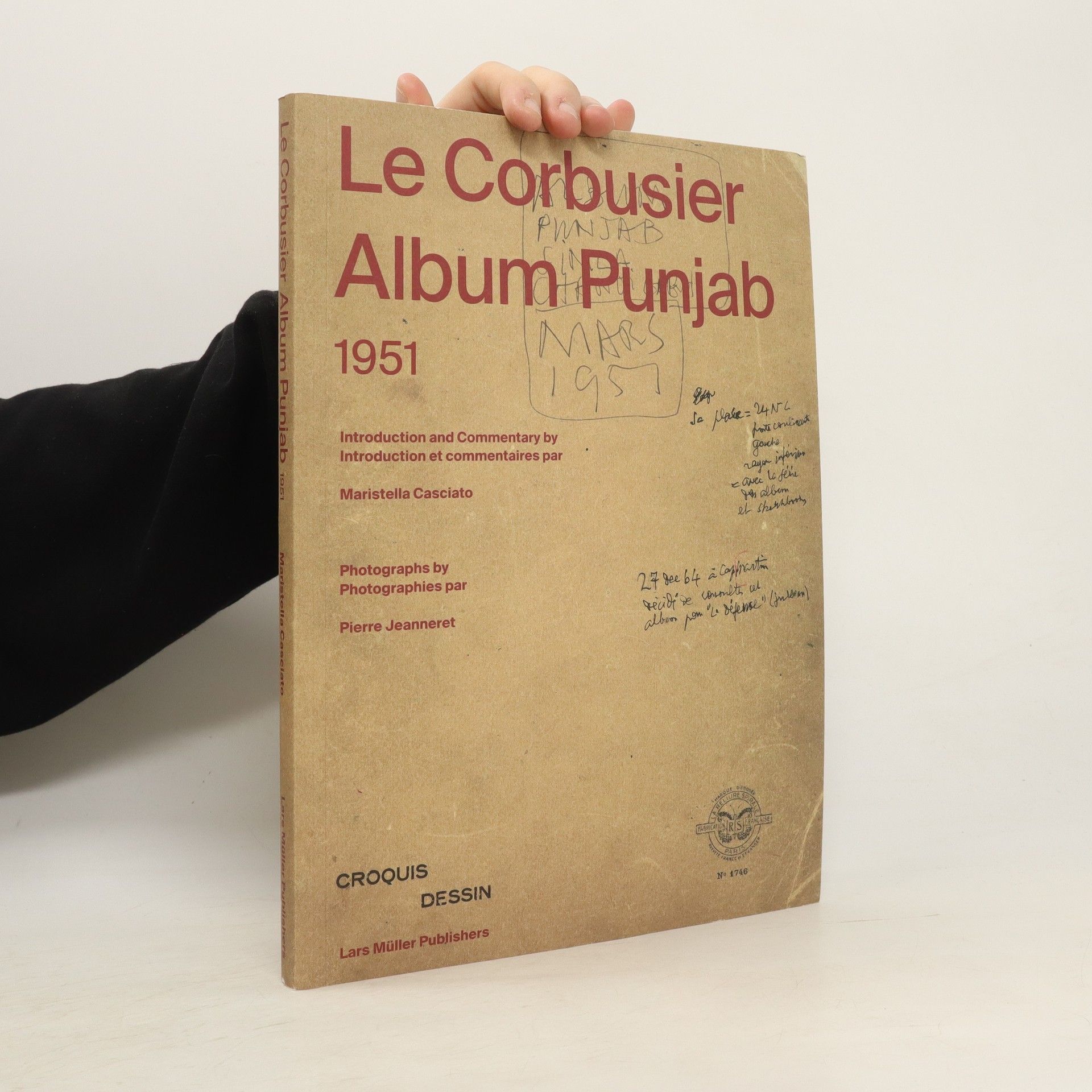The first-ever full account of the remarkable reconstruction of the Moroccan coastal city of Agadir following the 1960 earthquake, a unique example of innovative and experimental urban design achieved in a then unprecedented joint effort of local and international architects.
Maristella Casciato Book order (chronological)




Gego - The Architecture of an Artist
- 219 pages
- 8 hours of reading
Gego - Die Architektur einer Künstlerin
- 219 pages
- 8 hours of reading
Sketches and notes for Chandigarh from Le Corbusier's first reconnaissance trip to India This facsimile edition of the notebook kept by Le Corbusier (1887-1965) from his two-week stay in the area that would become Chandigarh, the new capital city of the Indian state of Punjab, presents his written or sketched memos and personal reflections as well as notes and schematic solutions elaborated during meetings. Album Punjabconstitutes a primary source for reconstructing the topics addressed by the small group of planners and governmental officials who in only a few days developed the outlines of the Chandigarh plan. The spiralbound notebook facsimile is accompanied by a paperback volume featuring previously unpublished photographs taken by Le Corbusier's cousin Pierre Jeanneret during the journey. He documented the landscape and people that the architects encountered upon their arrival--a scenario destined to totally change with the birth of the great city. A detailed commentary by architectural historian Maristella Casciato is also included. The two volumes are housed in a slipcase.